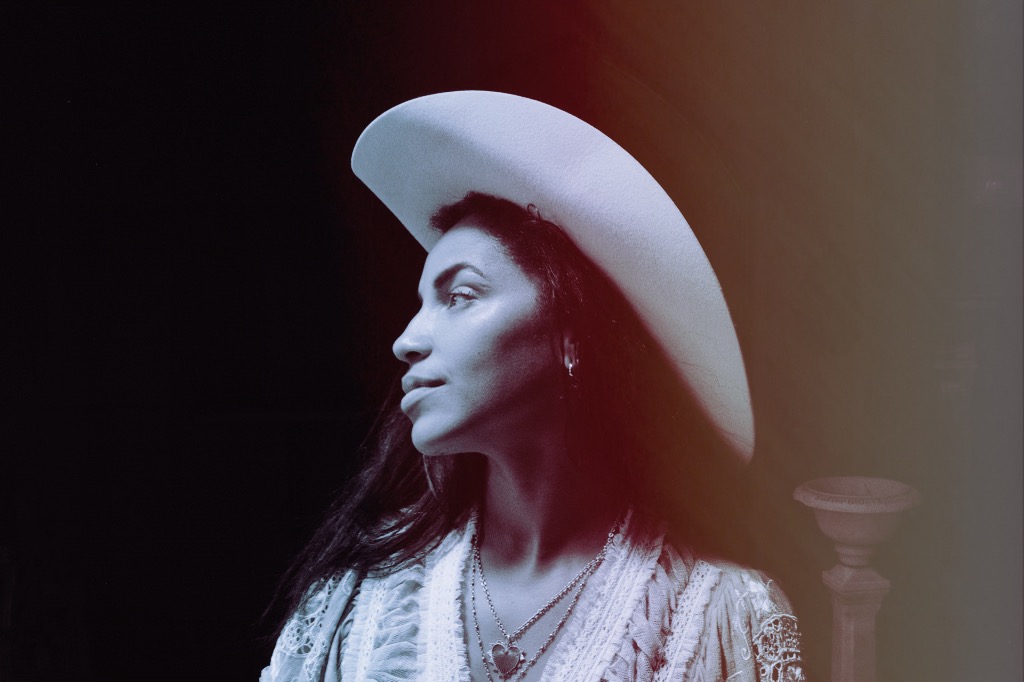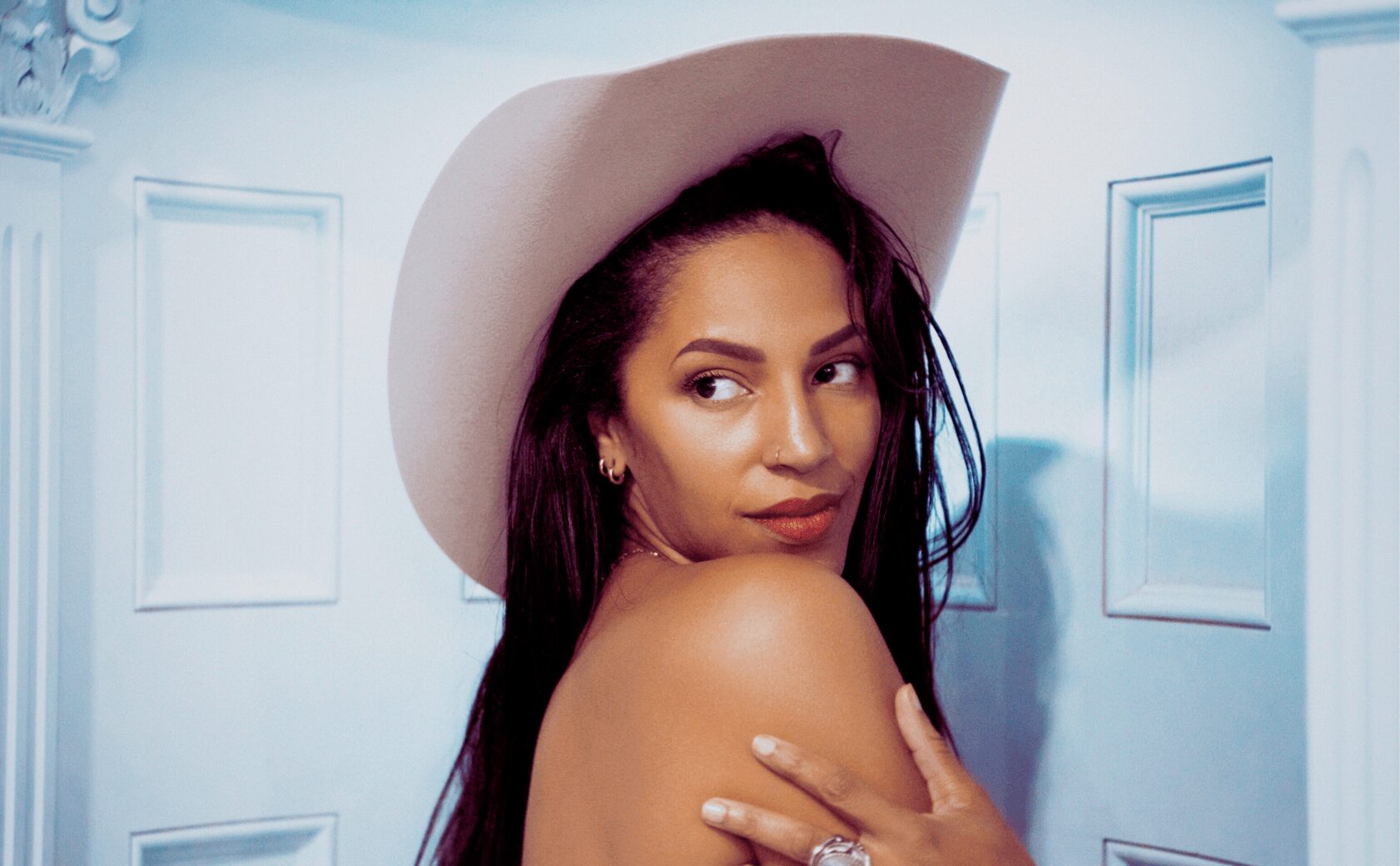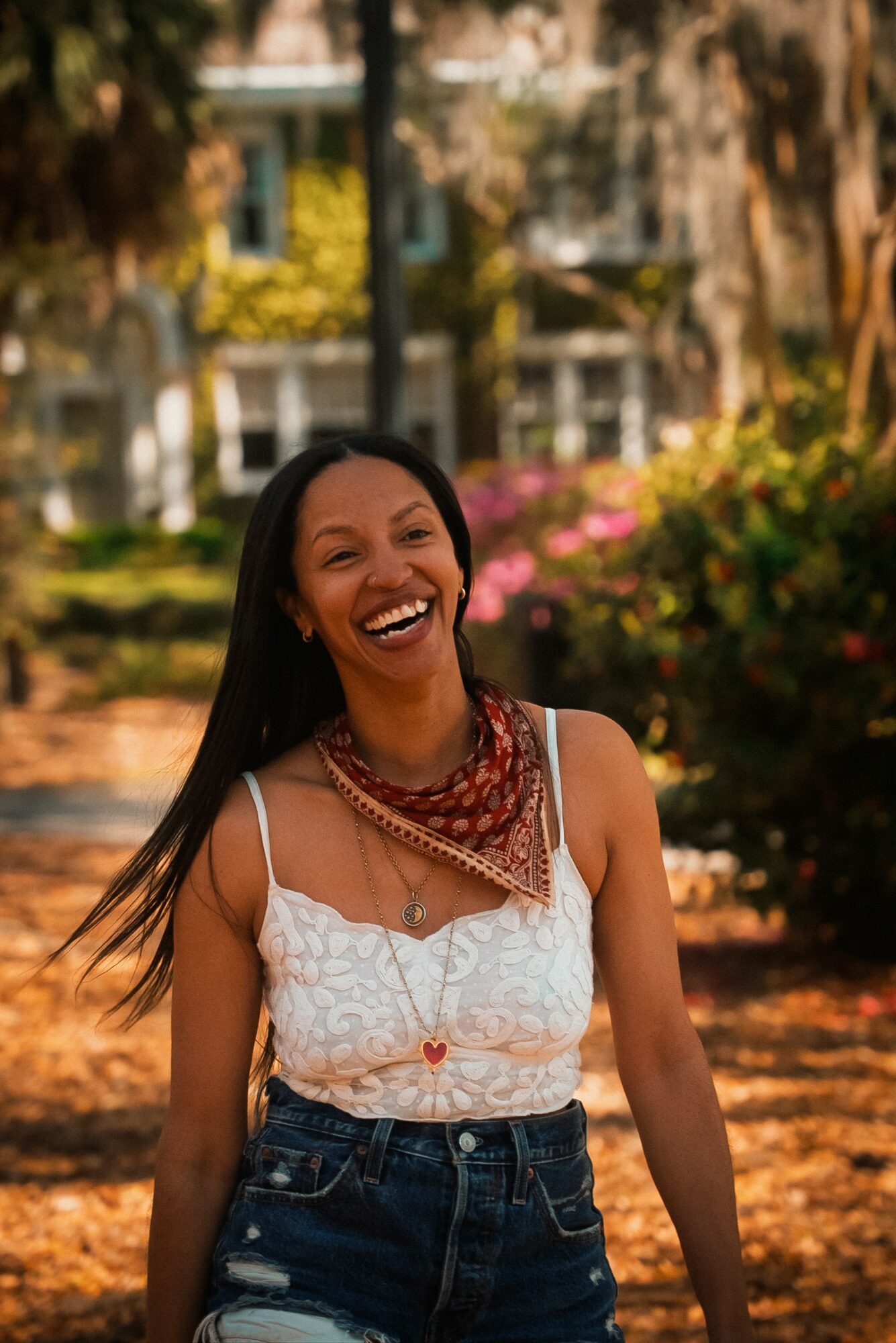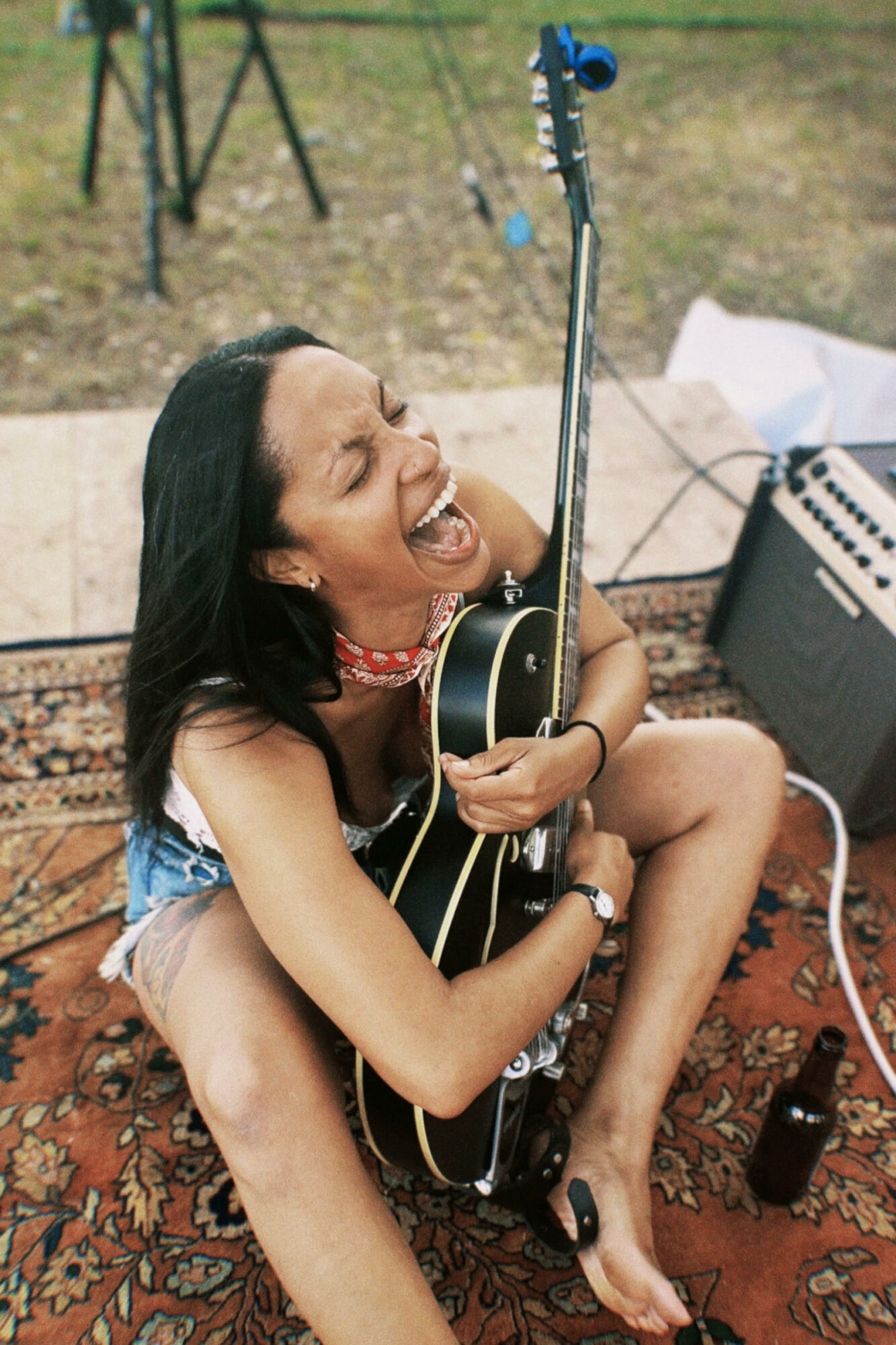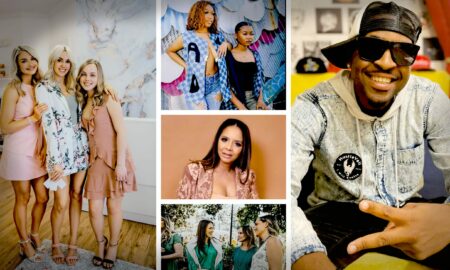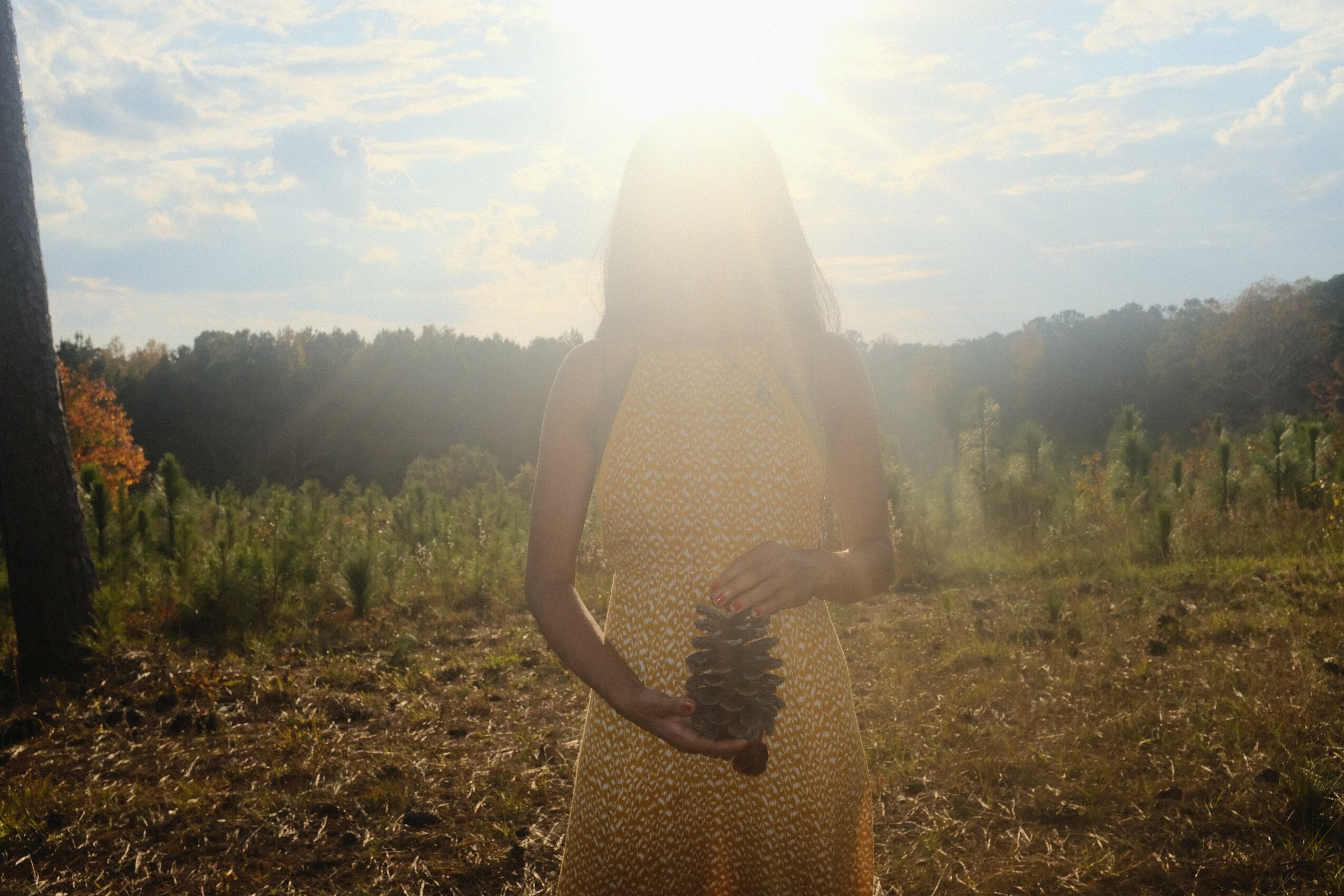

Today we’d like to introduce you to Lylie Mae.
Lylie, we appreciate you taking the time to share your story with us today. Where does your story begin?
I didn’t grow up thinking I’d be a musician. My dad was immersed in music, and my earliest memories are tied to watching him build a studio in our basement, starting with a keyboard my mom gave him. As a kid, I connected through mimicry. I thought I was going to be a tech genius, or an artist—my family did too. I was drawn to DOS games, early language software, coding, fixing computers, and drawing like my Dad. I loved how systems worked.
So when I became fascinated by live sound, it wasn’t because I was chasing emotion—it was because I already *understood systems* and wanted to go deeper. My curiosity had ego in it, but it was genuine. I wanted to know how sound could be *shaped.*
I spent eight years working at a bar and venue called The Loft. I started as a host, then became a cocktail server, bartender, and eventually, the sound tech. Upstairs was a recording studio. Downstairs was the stage. One block away was the Schwob School of Music, where I worked and was immersed in classical training I’m forever grateful for—especially because it was free. My boss at The Loft held a doctorate in sound and is also the head of the sound engineering and design department at the college. That overlap became a bridge. I didn’t just learn how to listen—I learned how to translate what I was hearing.
Back then, I thought of frequency as wi-fi, bluetooth, ripples, records. Something conceptual. Now, I feel it as reality itself—alive, intelligent, holy.
Can you talk to us a bit about the challenges and lessons you’ve learned along the way. Looking back would you say it’s been easy or smooth in retrospect?
Some of my greatest challenges are the ones I’ve created in my own mind—and I don’t say that to dismiss them, but to honor how powerful the mind can be when it’s protecting the heart.
The hardest part hasn’t been the external struggle. It’s been learning how to trust what I feel, instead of what I think I should feel. Unlearning the idea that suffering automatically makes something meaningful. Letting go of the belief that music has to hurt to be honest—that success comes down to one question: What are you selling?
A woman? An image? A lifestyle? A sound?
There are days I feel fractured and fractaled—like I’m both the artist and the product, both the frequency and the body that carries it. I’ve wrestled with a deep fear that devotion to music might mean sacrificing my wholeness. That I’d become an image instead of a presence. That I’d lose my truth in the noise of what sells.
How do I surrender to that?
There’s a tension in visibility. A fear of being perceived as something fixed, when I experience myself as a frequency—something always shifting, responding, dissolving, and returning.
Being a woman in this space brings its own paradox: some days it feels like a gift, other days like something to defend.
Sometimes I catch myself trying to be the “good girl”—shaping myself to be lovable, palatable, impressive. But it’s not that the world told me who to be. It’s that I tried to become what I thought would be safe.
I honor my body now. And I’ve recently understood how much I’ve been repressing just to feel that safety. Music is the tool I’ve discovered to help me explore that edge. Through music, my body speaks out what I suppress. It’s painful. It’s loud. And I often avoid it. My home is silent. The radio in my vehicle stopped working after the first year—five years ago.
The hardest part hasn’t been failure. It’s been learning how to succeed without abandoning myself. Learning to hear the whisper beneath the pressure. Learning to move from presence instead of proving.
Success happens daily.
These aren’t obstacles I’ve conquered. They’re questions I’m still living. But I know now: my challenges aren’t proof that I’m broken. They’re proof that I’m listening.
Thanks – so what else should our readers know about your work and what you’re currently focused on?
Singer songwriter, Guitar, Cover songs, original, Follow me on spotify, I have one song out BLah blah lhaskhjd. STOP
yall, learning 4 hours of cover songs to create a sense of familiarity and inclusion is similar to an abused, hazed tattoo artist only being asked to replicate printouts from pintrest. THAT’S WORK!
Learning to speak, only to read. Think about that.
I write this from today’s perspective.
Shifting away from calling what I do “work” in the traditional sense is helping me move toward the devotional practice I want it to be. Yoga, breathwork, daily vocal warmups, scales—these are parts of my offering. Music is something I’ve spent years chasing, only to realize: it can’t be chased. It’s already here. Even in silence, it’s there—a frequency I follow. A conversation I let move through me.
My approach is always evolving. It’s not quite country, not quite folk, not quite blues. I don’t know where it’s going—and no one who’s heard me perform has ever heard the first song I wrote, which fits into none of those genres anyway. I’m not interested in niching myself, or selling anyone a Barbie box of glossy genre labels complete with Pantone color of the year.
I aim to connect to the human experience. I aim for honesty. I aim to feel. I’m shifting with my audience, giving attention to my observance, and my experience of them.
Your are not watching me. I’m watching you.
Sometimes I’m channeling others. Sometimes I’m moved by passing stories. Lately, I’ve been experimenting with math, somatic frequency work, and opening myself to new collaborations. What I say is never the whole picture. My process is layered, and not always something I can explain.
I’m dropping perfectionisim and just going to start getting a little weird at some point. Influences, PSSHT, BIllie Holiday, Venitian snares, Bjork, RadioHead, Nikki Lane, Precious Bryant, Tool, Peaches, Willie Nelson, Punch Brothers, Joanna Newsome, I mean, does it even matter any more?
How about asking an artist influences they avoid and why?
I can’t tell you my favorite genre. I can’t tell you who I sound like. I can’t even tell you what’s next. And anytime I’ve asked friends or audience members for their take, I usually get one of two things: a comparison based on a single cover song—or the most honest response of all:
“I don’t know… you’ve got range.”
So here I am—a singer-songwriter who follows a different path. I’m inspired by the idea of community. By openness. By the idea that maybe it’s okay for the market to be saturated. Because feelings are always new. I’m ready to change the meaning from the muse, to the gathering.
Can you talk to us about how you think about risk?
HA.
Contact Info:
- Website: https://www.lyliemae.com
- Instagram: https://www.instagram.com/lyliemaemusic/
- Youtube: https://www.youtube.com/@lyliemaemusic
- Other: https://open.spotify.com/artist/1DuTXqOSBl5L1aHRbC4gpJ?si=EWMOf-nzQay3gvc3hG6gGQ
